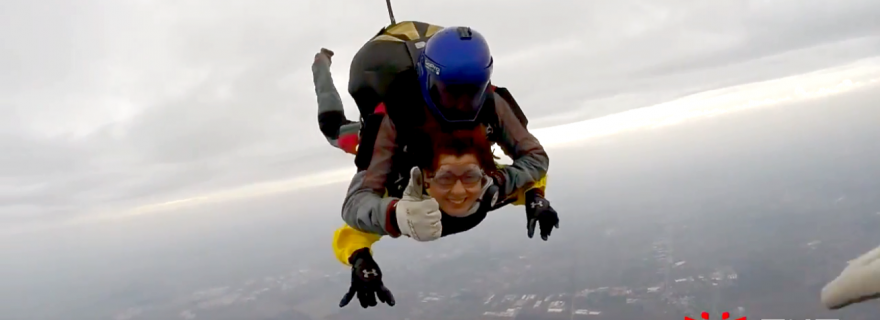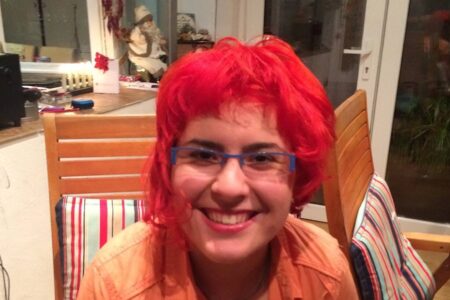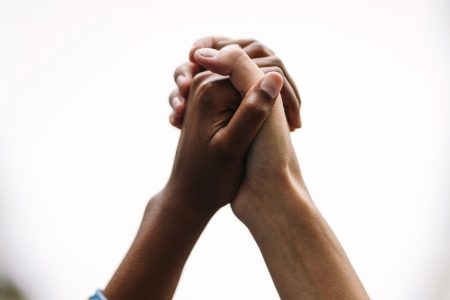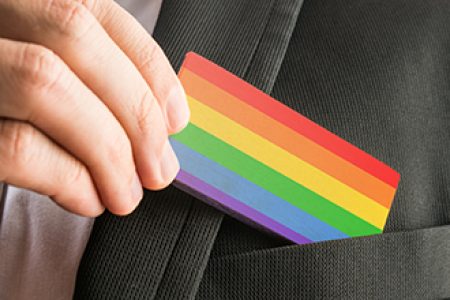Facing the limits living with spastic tetraparesis
This story gives insight about what it's like to have a disability and be a student at Leiden University. The blog is created to give more information about spastic quadriparesis, a paralysis that causes impairment in all four limbs.
I hope that this blog will give more insight in what and how to deal with this diagnosis, in the same time providing tools for an happier and easier life.
My name is Bianca Maria Wiersema and I study Psychology at Leiden University. What made me choose psychology was the desire to discover how our thoughts influence our behaviour. This in turn has an impact on how other people respond to us. During the biological psychology course I did in my first year, I discovered my passion for the brain and for the anatomy of the body. Moreover, I became fascinated with the connections between the two. This inspired me to specialize in clinical neuropsychology for my Master’s.
Why psychology at Leiden University? I took psychology classes at high school, and became interested in understanding why people respond the way they do. I wanted to study psychology in English, as I thought this would help me to broaden my horizons. I think it was just meant to be: my mother found this programme right at the last moment, just a few days before the application deadline.
I come from Romania and attended “Vasile Alecsandri” high school, in Iasi. I always loved learning languages, which is why I chose to take a bilingual school programme and to study psychology as one of my electives. It was during this time that I started to write as a way of expressing my emotions, and frequently published in the high-school magazine “Galleria”. Nowadays, through learning about Neurolinguistic programming (NLP), I have come to understand even better how the words we say and write can impact others.
In high-school I also participated in the Grow exchange programme. This was my first experience of meeting people from all over the world. This programme involved teaching communication skills as well as working in a team, and the participants also learned to present in front of a bigger audience. It broadened my horizons greatly and played a role in my desire to come study in the Netherlands.
Where there’s a will, there’s a way
Studying has its highs and lows. And studying with a disability can sometimes be a hard challenge. My path hasn’t always been smooth, but I have persevered. The best thing about this journey are all the diverse people I have met along the way. And each one of them has inspired me to keep going and to grow more as a person. We all come from different parts of the world, but when we get together, we bond very closely and help each other out.
Sometimes I encounter difficulties because of my disability. Apparently, some people still believe that having a physical disability implies that you have a mental disability. It can be hard and frustrating to have to prove them wrong time and again. And yet, hope and understanding come from unexpected people: people who help me along my path, support me, and give me the strength to overcome my own limits. Ever since I was little I have been encouraged to follow my heart. My parents also taught me that my physical disability does not have to limit me, but can be an opportunity to be creative and to challenge myself harder to fulfil my dreams. I dedicate this blog to them, and my brother, and all those who have supported me along my journey.
In addition to writing, I love doing extreme sports, so I have parasailed, skydived, bungee-jumped and scuba-dived. For me, each time I push myself to the limit, it proves that my disability doesn’t stop me from doing what I love.
After all, it hurts more not to have tried at all, because of all the endless reasons we make up for ourselves, than to have tried and failed. Failure does not mean defeat: it is a temporary setback, a lesson learned, which makes us stronger for what is yet to come.





